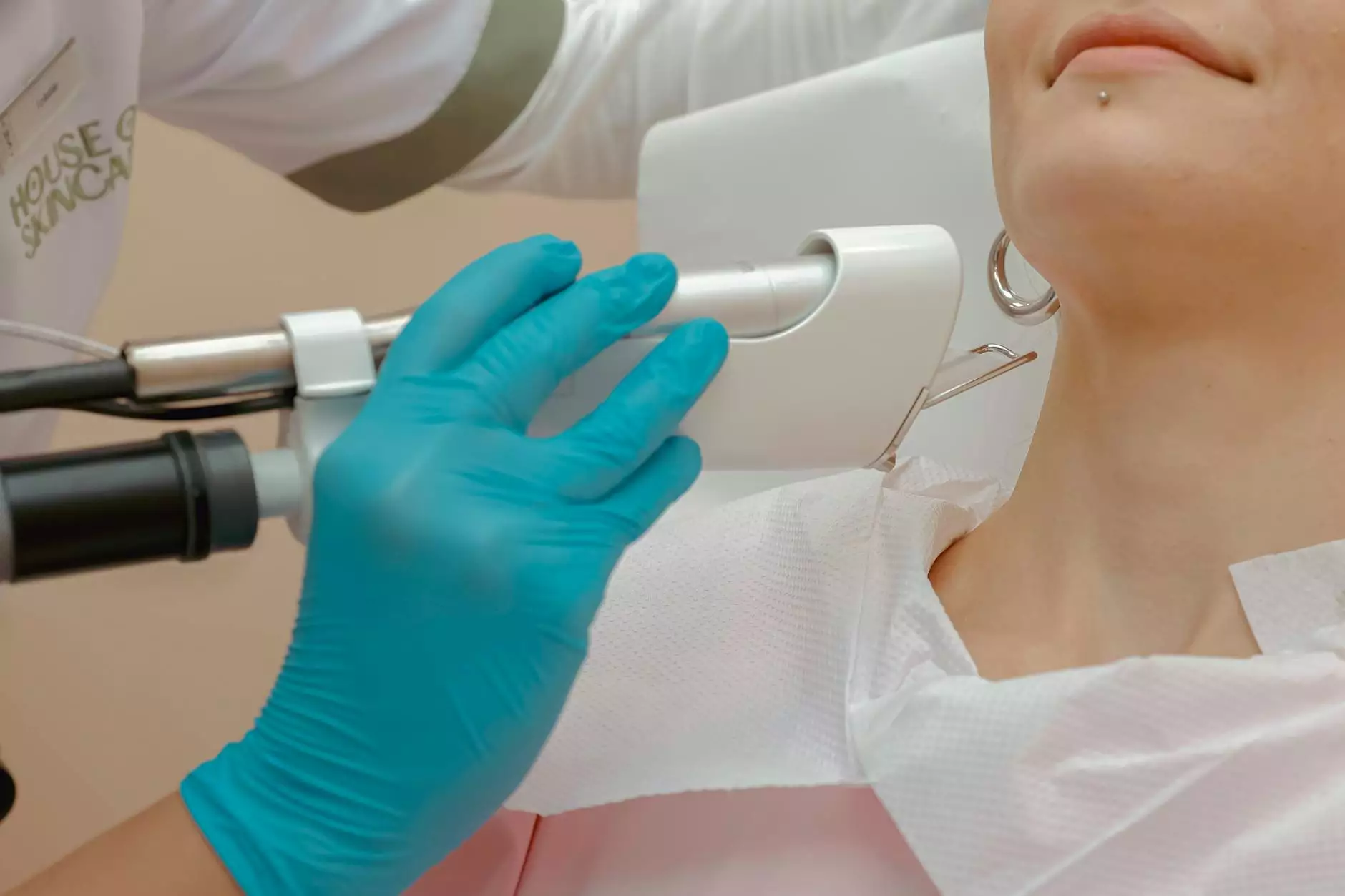Understanding Restorative Dental Treatment: A Comprehensive Guide

Restorative dental treatment is a crucial component of dental care that focuses on restoring the function and integrity of teeth, supporting both oral health and aesthetics. This extensive article will delve into various restorative procedures, their benefits, and their importance for individuals seeking to enhance their dental wellbeing.
What is Restorative Dental Treatment?
Restorative dental treatment encompasses a series of procedures designed to repair, replace, or restore damaged teeth. Whether due to decay, trauma, or wear over time, these treatments play an essential role in maintaining a healthy smile and optimal oral function.
The Importance of Restorative Dental Care
Neglecting oral health can lead to severe consequences such as tooth loss, gum disease, and various complications. Restorative dental treatments empower patients by:
- Restoring Functionality: Ensuring that patients can eat and speak without discomfort.
- Enhancing Aesthetics: Improving the appearance of teeth which boosts confidence.
- Preventing Future Issues: Addressing problems before they escalate into more significant concerns.
Types of Restorative Dental Treatments
There are several restorative dental treatments available, each tailored to meet the unique needs of patients:
1. Dental Fillings
Dental fillings are a common treatment for cavities. During the procedure, a dentist removes decayed tooth material and fills the cavity with materials such as:
- Composite Resins: Tooth-colored materials that blend seamlessly with natural teeth.
- Amalgam: A durable metal alloy used for its strength and longevity.
- Screws: A less common method used to stabilize severely decayed teeth.
2. Crowns
Crowns are protective caps placed over damaged or decayed teeth. They restore shape, size, strength, and appearance. Types of crowns include:
- Porcelain Crowns: Best for front teeth due to their natural appearance.
- Metal Crowns: Highly durable, ideal for back teeth.
- Resin Crowns: A budget-friendly option that mimics natural teeth.
3. Bridges
A dental bridge is used to replace one or more missing teeth by anchoring onto adjacent teeth. This not only restores the smile but also prevents misalignment of surrounding teeth.
4. Dentures
For those with significant tooth loss, dentures are an effective solution. They are removable replacements for missing teeth that come in two forms:
- Complete Dentures: Used when all teeth are missing.
- Partial Dentures: Used when some natural teeth remain.
5. Implants
Dental implants are a groundbreaking option for tooth replacement. They involve surgically placing titanium posts into the jawbone, which act as roots for artificial teeth. The advantages include:
- Stability: Implants provide a strong foundation for fixed or removable replacement teeth.
- Longevity: When cared for properly, they can last for many years.
6. Root Canal Therapy
This procedure is undertaken when the pulp of a tooth becomes infected or inflamed. It involves removing the infected tissue, cleaning the interior of the tooth, and sealing it to prevent future infection.
The Benefits of Restorative Dental Treatments
Opting for restorative dental treatment comes with several benefits that extend beyond mere aesthetics:
1. Improved Oral Function
Restorative treatments can greatly enhance a patient’s ability to chew, speak, and maintain oral hygiene.
2. Enhanced Appearance
A well-restored smile can significantly impact one's confidence and self-esteem, influencing social interactions positively.
3. Health Benefits
Healthy teeth contribute to overall health by facilitating better nutrition, which is vital for wellbeing.
4. Cost-Effectiveness
Investing in restorative treatments can prevent more costly procedures down the line by addressing issues before they escalate.
How to Choose the Right Dental Practice for Restorative Treatments
Selecting a dental practice for restorative care is a critical decision. Consider the following factors:
- Reputation: Look for practices with positive patient reviews and recommendations.
- Experience: Ensure the dentists have substantial experience in restorative procedures.
- Technology: A practice that uses modern technology can often provide more efficient and comfortable treatments.
- Consultations: Schedule a consultation to assess comfort level with the practitioner and staff.
Aftercare for Restorative Dental Treatment
Post-treatment care is vital for ensuring the longevity of restorative dental work:
- Hygiene: Maintain thorough brushing and flossing routines.
- Regular Checkups: Visit the dentist regularly for check-ups and cleanings.
- Diet: Avoid excessively hard or sticky foods that may damage restorations.
Conclusion
In summary, restorative dental treatment is essential for maintaining a healthy and functional smile. By understanding the various types of treatments available, their benefits, and the importance of proper dental care, individuals can make well-informed decisions to enhance their oral health. At My Avenue Dental, we are dedicated to providing quality restorative solutions to help you achieve the smile you deserve.
Call to Action
Are you ready to transform your smile? Contact My Avenue Dental today to schedule your consultation, and take the first step towards exceptional oral health and aesthetics!









